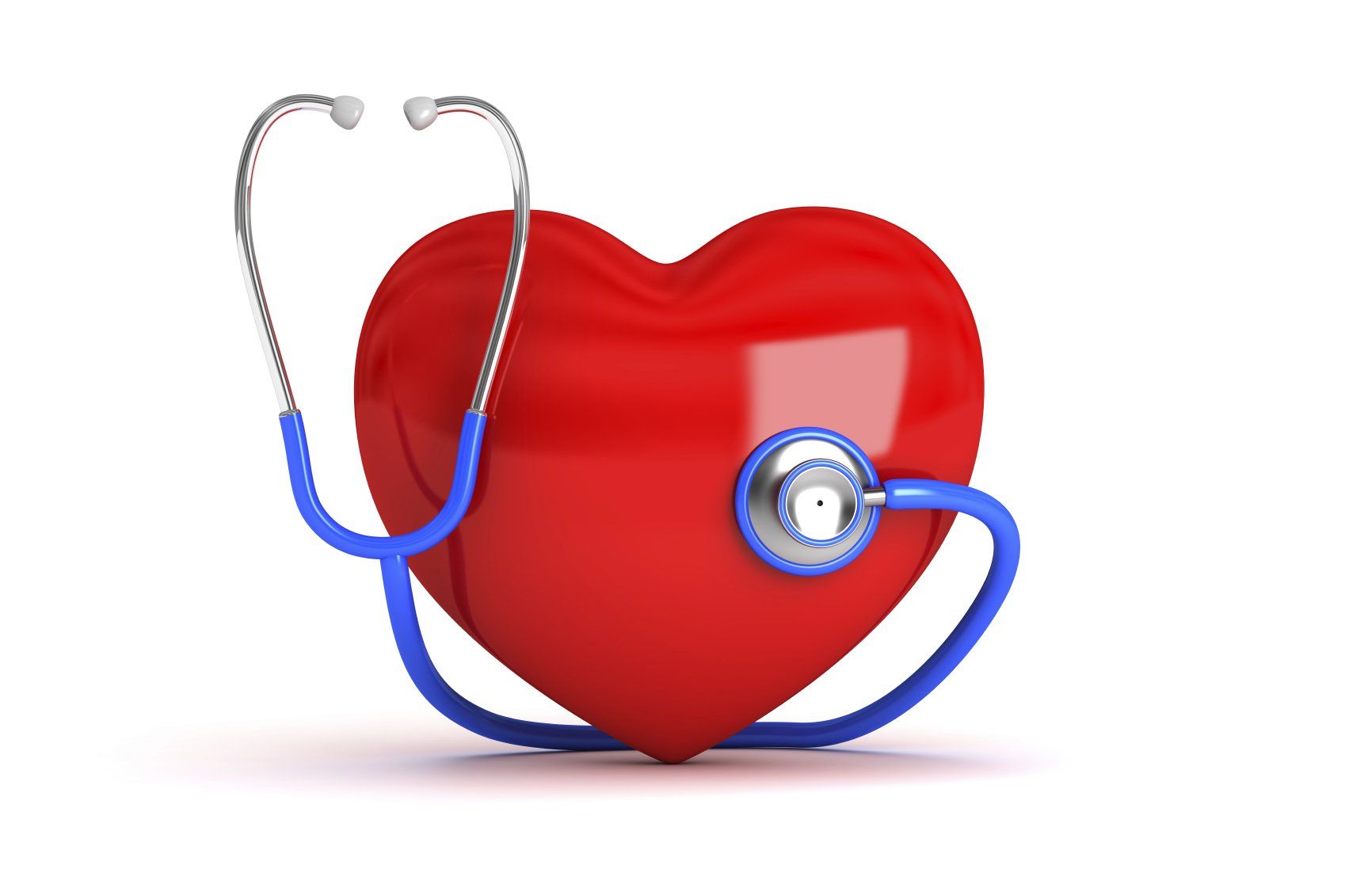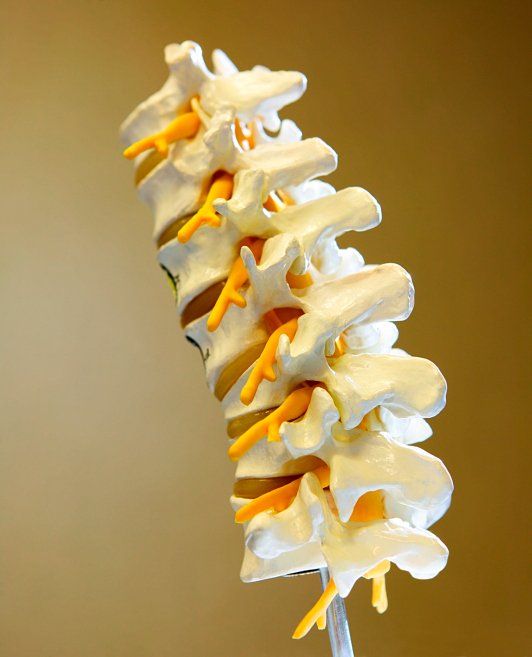Laboratory Services
We are pleased to offer a wide range of laboratory services starting from November 1, 2024 :
- Cardiovascular risk factors: Is your heart healthy?
- Vitamins, minerals, and trace elements
- Gut health: How can stool diagnostics help us?
- Nutrition and genetics
- Fatty acids: Good fats, bad fats
- Immune profile: Strong immunity – healthy life
- Food intolerances
Vegetarian diet: ferritin, zinc, selenium, iodine ( creatinine), complete blood count
Vegan diet: Ferritin, zinc, selenium, iodine ( creatinine), complete blood count,
B12, B2, A, D, Calcium
A vegetarian diet offers numerous health benefits and is considered by many health experts to be an effective way to promote a healthy lifestyle. Avoiding meat and focusing on plant-based foods can reduce the risk of various chronic diseases and increase overall well-being.
1. Reduced risk of cardiovascular disease
A vegetarian diet is typically high in fiber, antioxidants and healthy fats that protect the heart. Plant-based foods such as fruits, vegetables, nuts and whole grains are low in saturated fat and cholesterol, which can lower blood pressure and LDL cholesterol levels. Studies show that vegetarians have a lower risk of heart attacks and strokes.
2. Weight management
People who eat a vegetarian diet often tend to have a healthier body weight. Plant-based foods are often lower in calories and higher in fiber, which means you feel full faster and consume fewer calories. This can help prevent or reduce excess weight in the long term.
3. Lower risk of certain types of cancer
Studies have shown that a plant-based diet can reduce the risk of certain types of cancer, particularly colon and stomach cancer. The high intake of antioxidants, vitamins and phytochemicals found in fruits and vegetables play a key role in protecting against cell damage that can lead to cancer.
4. Improved digestive health
Plant-based foods are rich in fiber, which aids digestion and improves gut health. Fiber helps regulate bowel movements, prevent constipation, and support gut flora. A healthy gut flora is important for the immune system and general well-being.
5. Reduced risk of type 2 diabetes
A vegetarian diet rich in whole grains, legumes and vegetables can help stabilize blood sugar levels and reduce the risk of type 2 diabetes. Plant-based foods often have a lower glycemic index, promoting more consistent insulin release.
6. Reducing inflammation
Many plant foods, especially those rich in omega-3 fatty acids and antioxidants, such as nuts, seeds, and green leafy vegetables, have anti-inflammatory properties. Chronic inflammation in the body is often the cause of diseases such as heart disease, diabetes, and arthritis. A vegetarian diet can help reduce this inflammation.
7. Longer life
Studies have shown that vegetarians have, on average, a longer life expectancy. Avoiding meat, especially red and processed meat, reduces the risk of many of the leading causes of death, including heart disease, cancer and diabetes.
Hair loss (women): TSH, LH, FSH, ferritin, zinc, biotin
Hair loss in women is a common problem that can have various causes, such as hormonal changes, stress, genetic predisposition or malnutrition. It often occurs during menopause, after pregnancy or with thyroid disorders. There are different types of hair loss, including diffuse hair loss, which affects the entire head of hair, or hereditary hair loss, which usually starts at the crown. Treatment options range from medical therapies such as minoxidil to special nutritional supplements and lifestyle changes to promote hair growth. Early diagnosis is crucial to finding the right therapy.
Branch fall (Mann): Testosteron, SHBG, TSH, Ferritin, Zink, Biotin
Hair loss in men is often genetic and often occurs in the form of so-called androgenetic alopecia, also known as hereditary hair loss. This usually begins with a receding hairline or bald patches on the top of the head. The main cause is hypersensitivity of the hair follicles to dihydrotestosterone (DHT), a hormone that inhibits hair growth. Other causes can be stress, malnutrition or disease. Treatment options include medications such as minoxidil or finasteride and hair transplants. Early treatment approaches can often slow or stop hair loss.

Cardo-Check: Cholesterin, HDL, LDL, Triglyceride, Apo A1, Apo B, Lp (a)

Osteoporosis/bone health:
Calcium, phosphate, 25-OH-D3, bone-specific alkaline phosphatase

Athlete profile: calcium, magnesium, zinc, selenium, ferritin, vitamin B6, B12, folic acid, complete blood count, coenzyme Q10
intestinal microbiome
The gut microbiome is the community of microorganisms that inhabit the human intestine. It consists of billions of bacteria, viruses, fungi and other microbes that live in a finely tuned balance and play a crucial role in human health. This microworld is not only responsible for digestion, but also influences the immune system, metabolism and even brain function.
Composition of the intestinal microbiome.
The main players in the microbiome are bacteria, of which thousands of species exist in the gut. The best known groups are:
- Firmicutes and Bacteroidetes, which make up the majority of the bacterial flora
- Actinobacteria and Proteobacteria, which also perform essential functions.
Each person has a unique composition of microorganisms, which is influenced by genetic factors, diet, lifestyle and environmental conditions. A healthy microbiome consists of a wide variety of microorganisms, which is called "microbiome diversity". This diversity contributes to stability and resistance to disease.
Functions of the intestinal microbiome.
The intestinal microbiome performs numerous essential functions:
- Digestion of food: Many fibers and complex carbohydrates that the human body cannot digest are fermented by the intestinal bacteria and converted into short-chain fatty acids (SCFAs) such as butyrate. These are an important source of energy for the intestinal mucosa.
- Protection against pathogens: The microbiome helps keep harmful bacteria and fungi in check by colonizing the gut and the "good" bacteria prevent pathogens from spreading.
- Strengthening the immune system: The gut microbiome trains the immune system by constantly stimulating it and helping to distinguish between harmless substances and potential threats.
- Production of vitamins: Certain intestinal bacteria synthesize vitamins, such as vitamin K and some B vitamins, that the body needs.
The gut microbiome and health.
A healthy microbiome is important for the well-being of the entire body. Researchers have discovered links between a disturbed microbiome and various diseases. Some examples are:
- Intestinal diseases: An imbalance in the microbiome, also called dysbiosis, can lead to inflammatory bowel diseases such as Crohn's disease or ulcerative colitis.
- Irritable bowel syndrome (IBS): some studies suggest that people with irritable bowel syndrome often have an altered microbiome composition that causes bloating, diarrhea, or constipation.
- Metabolic diseases: the microbiome can also influence metabolism. A deficiency of certain types of bacteria is associated with overweight, type 2 diabetes and obesity.
- Mental health: there is evidence that the microbiome plays a role in the so-called "gut-brain axis". This is the communication between the gut and the brain, which may have an impact on mental health, depression and anxiety disorders.
Factors that influence the microbiome.
The intestinal microbiome is dynamic and can change due to various influences:
- Diet: A high-fiber diet with plenty of plant foods promotes the diversity and growth of healthy gut bacteria. In contrast, a diet high in sugar and processed foods can harm the beneficial microbes.
- Antibiotics: Antibiotics can not only kill harmful bacteria, but also destroy much of the beneficial bacteria in the gut, which can drastically alter the microbiome composition.
- Stress and sleep: Psychological stress and insufficient sleep can negatively affect the balance of the microbiome.
- Probiotics and prebiotics: Probiotics are live microorganisms that can be ingested to strengthen the microbiome. Prebiotics are indigestible fiber that serves as nutrients for the gut bacteria.
Future of Microbiome Research.
Research into the gut microbiome is still in its early stages, but it is already becoming clear that manipulating the microbiome has great potential for new therapies. Probiotics, microbiome transplants and targeted nutritional strategies could play a greater role in the prevention and treatment of many diseases in the future.
The gut microbiome is a fascinating and essential ecosystem that has a profound impact on our health. It shows us how closely our well-being is connected to the invisible world of microorganisms that live in our gut.




